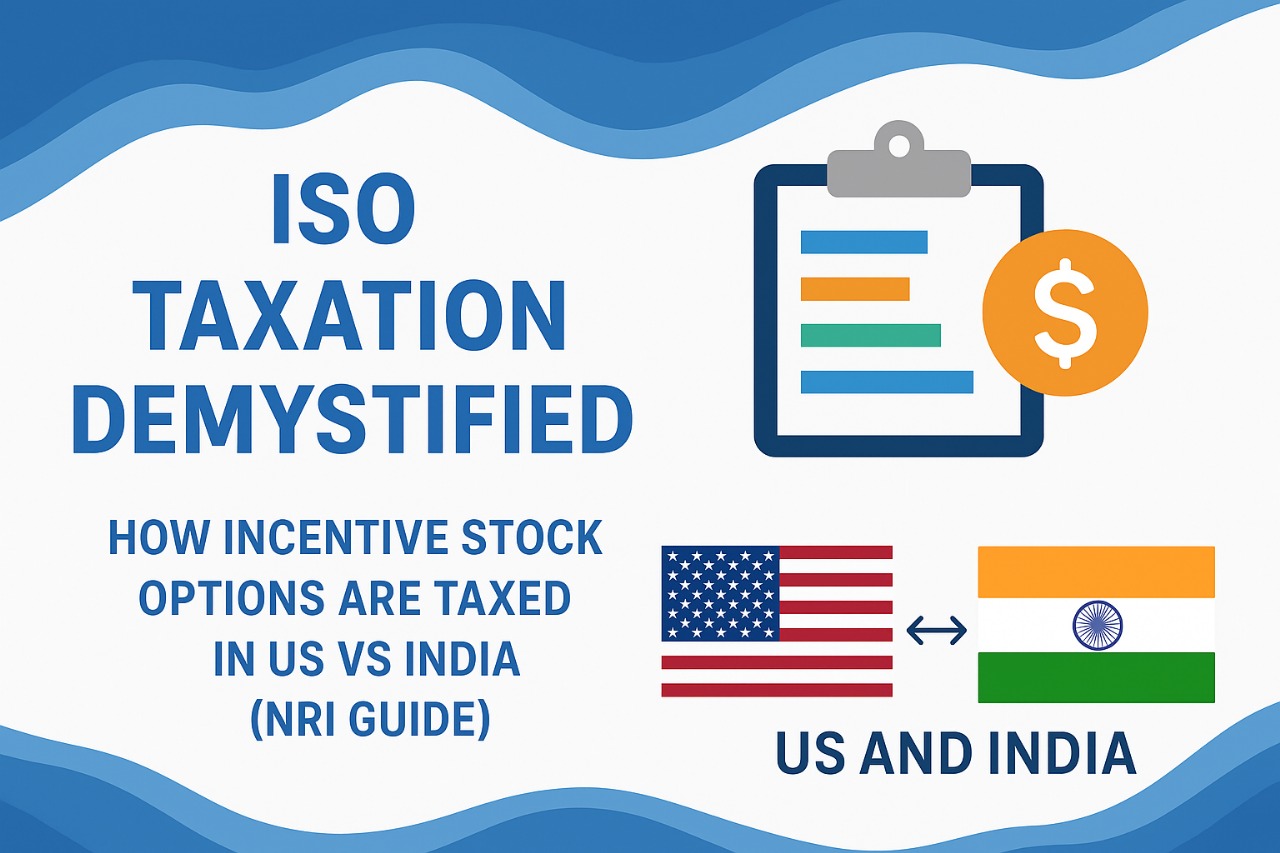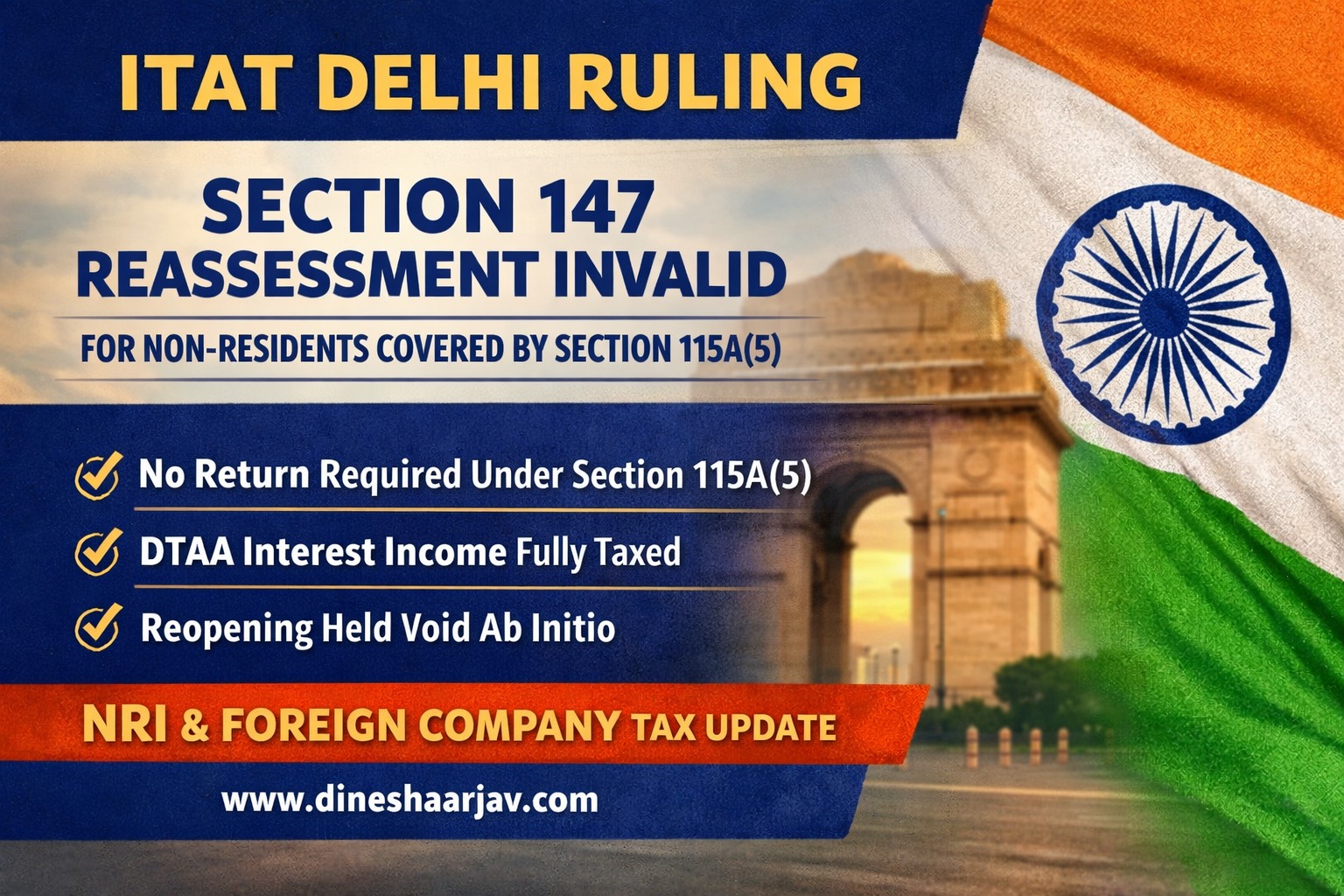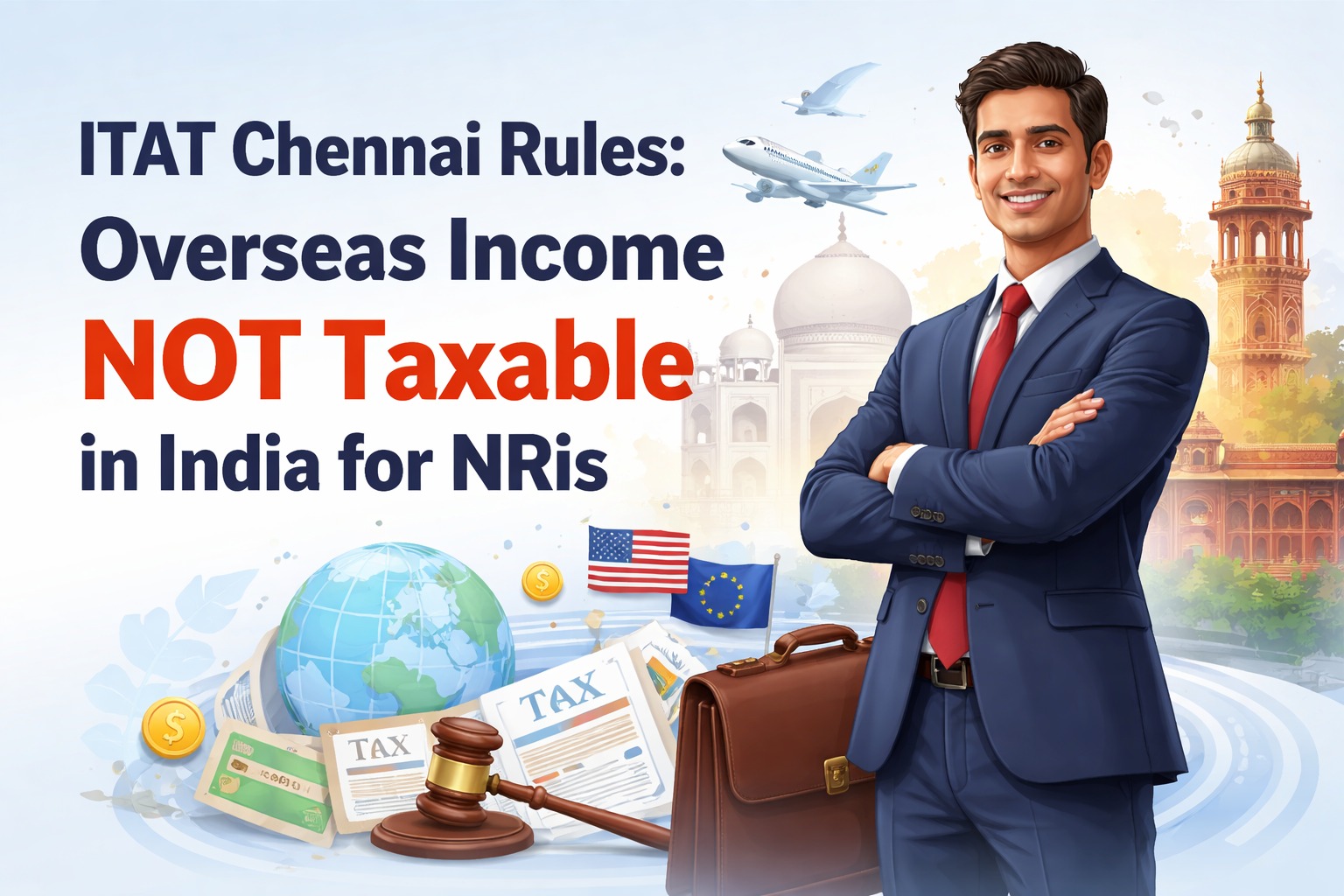 WhatsApp
WhatsApp
 Call Us
Call Us
 Email Us
Email Us
 Whatsapp Community
Whatsapp Community

In today’s global workforce, many professionals — especially in tech and multinational firms — receive Incentive Stock Options (ISOs) as part of their compensation. While ISOs can be a powerful wealth-building tool, their taxation across the US and India is highly complex.
For NRIs, returning Indians, and professionals with cross-border exposure, understanding how ISOs are taxed in both jurisdictions is critical to avoid double taxation and optimize tax outcomes.
This guide explains how Incentive Stock Options are taxed in the US and India, the role of residency status, and how the India–US Double Taxation Avoidance Agreement (DTAA) provides relief.
At Grant / Vesting
At Exercise
At Sale
Qualifying disposition (holding ≥ 2 years from grant & 1 year from exercise):
Disqualifying disposition:
For Indian residents or returning NRIs, ISOs are taxed at two stages:
1. At Exercise
2. At Sale
Taxation depends on whether the shares are listed only in the U.S., or in both U.S. and India:
If shares are listed in the U.S. only (considered unlisted in India):
If shares are listed in both U.S. and India:
Q1: Do I pay tax when ISOs are granted?
No, neither in the U.S. nor in India.
Q2: Are ISO gains taxed twice if I move from U.S. to India?
They can be, but DTAA relief helps avoid double taxation. Proper planning is essential.
Q3: Can I claim U.S. taxes paid against Indian liability?
Yes, through foreign tax credit (FTC) under the DTAA India USA.
Incentive Stock Options taxation in the U.S. and India is complex — influenced by residency status, timing of exercise/sale, AMT, perquisite valuation, and DTAA provisions. For NRIs and cross-border professionals, one wrong step can lead to double taxation or missed tax benefits.
At Dinesh Aarjav & Associates, we specialize in cross-border ISO taxation, DTAA consultancy, DTAA planning, and NRI tax compliance. If you hold ISOs from a U.S. company or have moved between the U.S. and India, our team can help structure your strategy to minimize taxes and maximize post-tax gains.







Stay in the loop, subscribe to our newsletter and unlock a world of exclusive updates, insights, and offers delivered straight to your inbox.